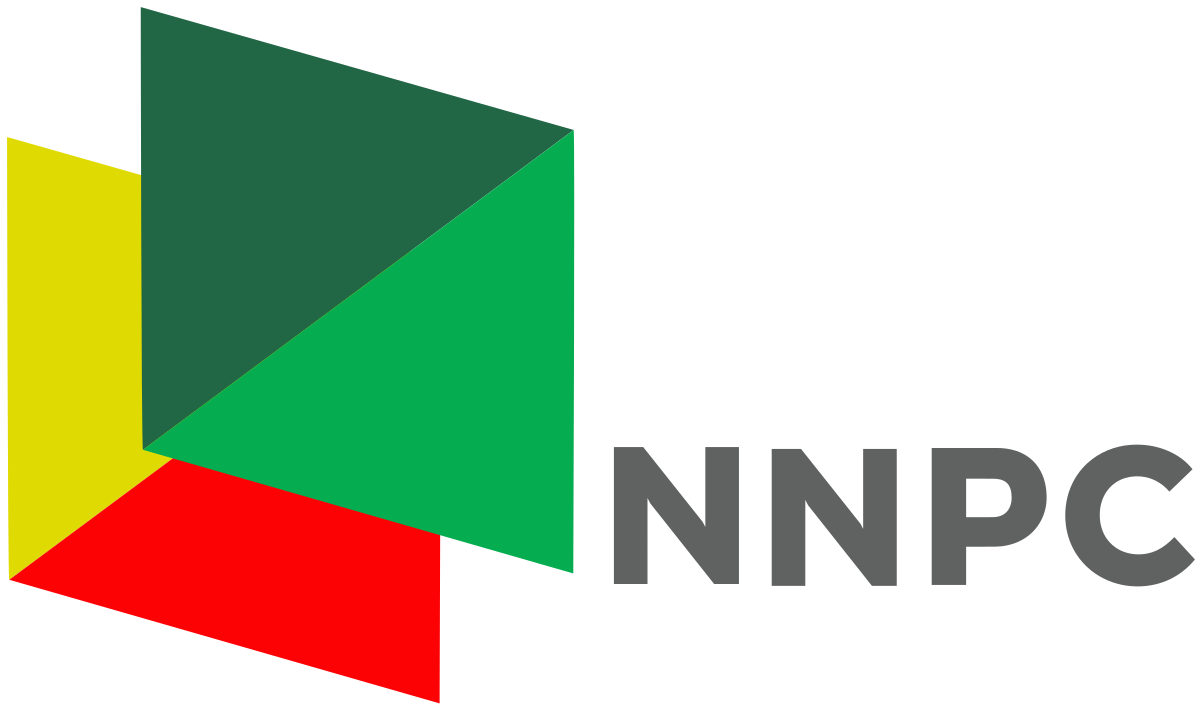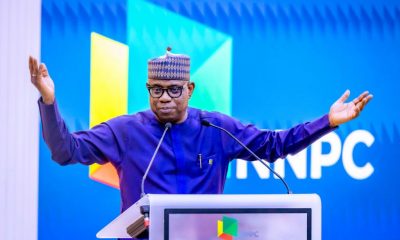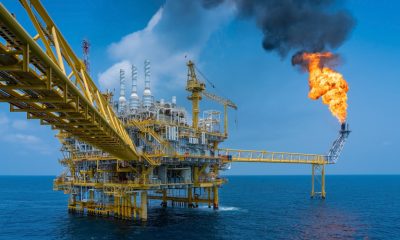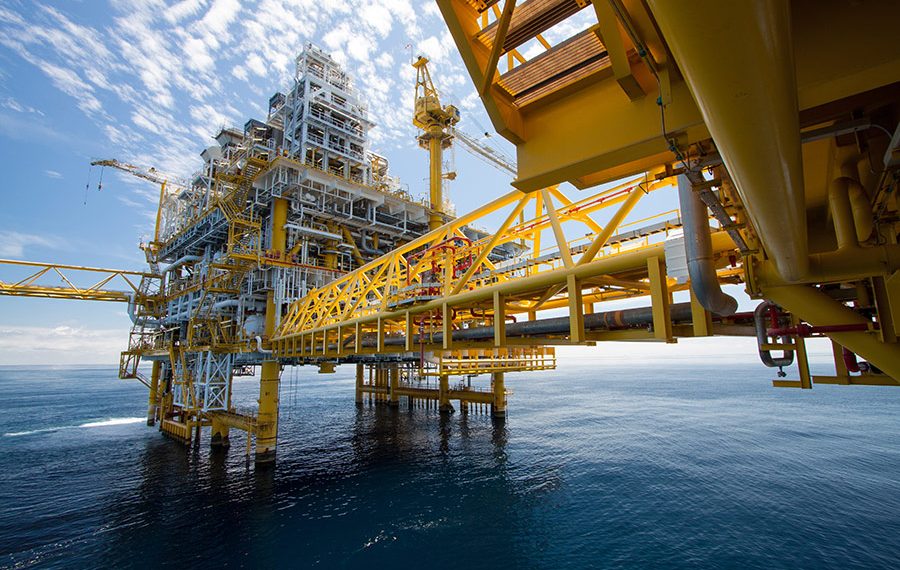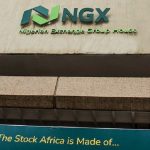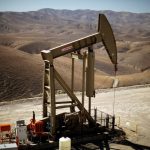General
NNPC Meets Investors in America for Brass, Olokola LNG Projects
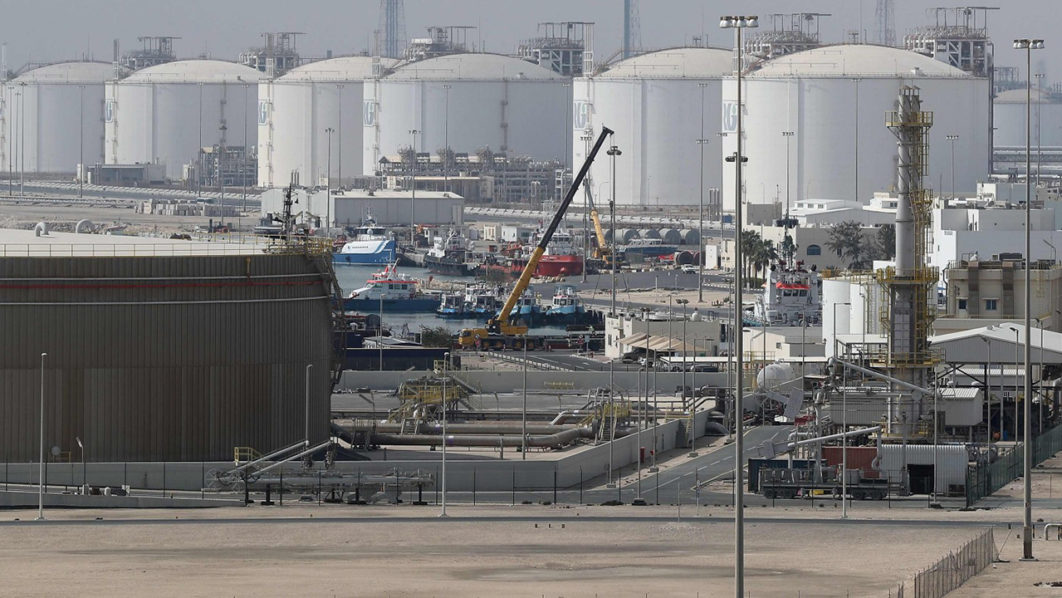
By Modupe Gbadeyanka
The Nigerian National Petroleum Company (NNPC) Limited has met with some investors in the United States to revive two Liquefied Natural Gas (LNG) projects in the country.
The projects include the Brass LNG and the Olokola LNG. The NNPC said it has begun talks on the LNG projects in its continued bid to maximise the nation’s abundant gas resources for economic development and prosperity.
“In the past, gas prices went down, the economics of the projects meant a high capital expenditure (CAPEX), and this was a disincentive for investors and partners.
“Also, there was slow decision-making by the political class,” the Chief Financial Officer (CFO) of the energy firm, Mr Umar Ajiya, said on the sidelines of the ongoing 2024 Gas Technology Conference and Exhibition (Gastech), in Houston, United States, on Thursday.
Mr Ajiya said there are abundant gas resources in many parts of the world and therefore, the earlier Nigeria makes smart decisions to bring partners to the table, the better.
He praised President Bola Tinubu for his support in driving new projects in the industry through the Presidential Executive Orders on Oil & Gas Reforms.
“We are also happy to have the Petroleum Industry Act, 2021 (PIA) which has provided fiscal incentives for investors and is creating the enabling environment that has rekindled hope in the energy sector,” the CFO said, describing Gastech as an avenue for NNPC Ltd. to learn new technologies which will help the Company decarbonise its operations and promote its abundant LNG resources to the global market.
Gastech is the world’s leading forum dedicated to delivering a more sustainable energy future by bringing together experts who brainstorm to create pathways towards global energy security for lasting climate impact.
Brass LNG and OK LNG are two LNG projects with the potential of manifold economic benefits for the country which include job creation, power generation, revenue generation and economic diversification.
The multi-billion-dollar projects were, however, stalled due to unfavourable market dynamics and slow decision-making by the political class in the past.
General
NECA Fixes February 12 for Forum on Access to Labour Justice
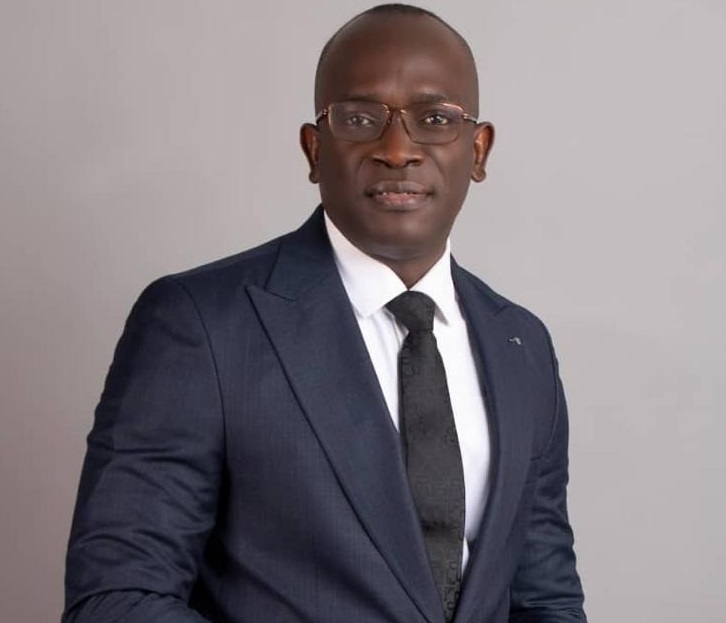
By Modupe Gbadeyanka
On Thursday, February 12, 2026, senior judicial officers, policymakers, labour leaders, and international stakeholders will meet in Abuja for the 4th International Labour Adjudication and Arbitration Forum (I-LAAF) organised by the Nigeria Employers’ Consultative Association (NECA).
The programme is themed Access to Labour Justice in a Rapidly Changing World of Work, and will explore the implications of technological disruption, non-standard employment relationships, and emerging forms of work for labour justice systems worldwide.
The Director General of NECA, Mr Adewale Smatt Oyerinde, said that while the forum was originally launched in 2023 as a national dialogue on labour dispute resolution, it has since evolved into an international platform for examining the changing architecture of labour justice.
“Over the years, the forum has contributed significantly to jurisprudential discourse and strengthened tripartite engagement on labour adjudication and arbitration,” he said.
“Our goal is to continue promoting constructive engagement and driving reforms that strengthen the labour justice system, ensuring it meets the evolving needs of employers, workers, and society in a rapidly changing world of work,” the NECA chief added.
The keynote address will be delivered by the President of Brazil’s Superior Labour Court, Justice Lelio Bentes Corrêa. Other speakers include the President of the Court of Appeal, Justice Monica Bolna’an Dongban-Mensem; the President of the National Industrial Court of Nigeria, Justice B. B. Bakwaph Kanyip; the Attorney-General of the Federation and Minister of Justice, Lateef Fagbemi (SAN); the Minister of Labour and Employment, Dr Muhammad Maigari Dingyadi; the President of the Nigeria Labour Congress, Joe Ajaero; and the President of the International Organisation of Employers, Jacqueline Mugo.
General
Lagos Launches Biodigester Plant at Ikosi Fruit Market
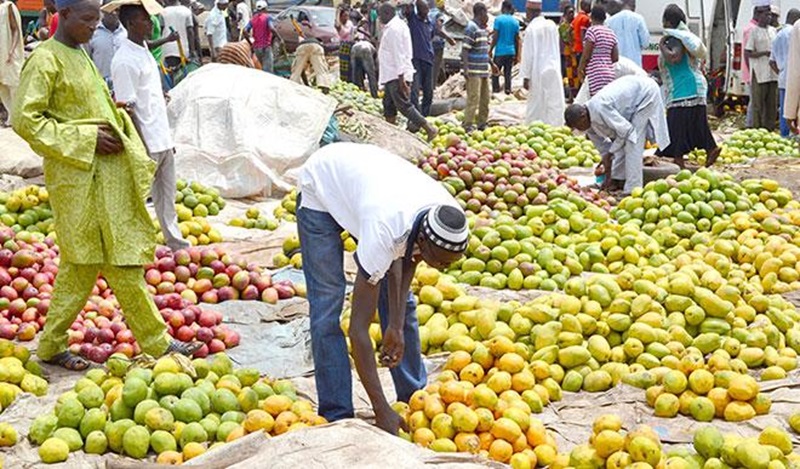
By Adedapo Adesanya
Lagos State has launched a biodigester plant at the Ikosi Fruit Market to convert organic market waste into energy and fertiliser.
The Lagos State Commissioner for Environment and Water Resources, Mr Tokunbo Wahab, said via his official X account that the project was delivered through a partnership with C40 Cities and support from UK International Development.
The facility is designed to convert fruit and vegetable waste into biogas for cooking and electricity, and fertiliser for farmers, the state government official noted.
Mr Wahab said the project addresses a long-standing environmental challenge in the Ikosi community, adding that the market generates tons of organic waste daily, including fruit peels, vegetable trimmings, and unsold produce, much of which previously ended up in drains and dumpsites.
“I had the privilege of launching and handing over the Ikosi Fruit Market Biodigester Plant, delivered in partnership with @c40cities and with support from UK International Development under the Climate Action Implementation programme.
“Every day, Ikosi Fruit Market generates tons of organic waste, fruit peels, vegetable trimmings, unsold produce. In the past, much of this ended up in dumpsites and road medians, clogging drains, creating health risks, and releasing methane into the atmosphere.
“Today, that same waste will be fed into an anaerobic digester where it will be converted into biogas for cooking and electricity, as well as nutrient-rich biofertilizer for farmers. This is the circular economy in action,” he said on Monday.
He added that the project aligns with Lagos’ broader goal of building a resilient and resource-efficient city through visible, community-level climate actions.
This is the latest effort in the state’s waste management move. In July 2025, the Lagos State Government announced plans for a $400 million Waste-to-Energy plant in Epe, aimed at tackling waste, supplying electricity to two million residents, and reducing flooding.
Before that, in October 2024, Mr Wahab revealed that Lagos secured a €120 million commitment from the Netherlands to support its ongoing project with Harvest Waste Consortium, which is expected to convert 2,500–3,000 tons of municipal solid waste into electricity daily.
General
Telco Customers to Get Automatic Refunds Under CBN–NCC Airtime, Data Rules

By Adedapo Adesanya
The Central Bank of Nigeria (CBN) and the Nigerian Communications Commission (NCC) have released an exposure of the joint framework for the quick resolution of failed airtime and data purchase transactions, which will involve no customer intervention.
Recall that a month ago, Business Post reported that the two agencies came up with a directive that failed airtime and data purchase transactions were to be completed within 30 seconds, following rising consumer complaints over debits without value.
According to the exposure draft, mobile network operators and other industry players must ensure that refunds for failed airtime and data purchase transactions are completed within 30 seconds, and without any customer intervention.
This means that the customer should not have to file a complaint, call customer care, or submit a ticket before the refund is completed within 30 seconds of the failed transaction. Any delay beyond this window would be a breach of the rule.
The obligation is not limited to mobile network operators (MTNs, Airtel, Glo, 9mobile) alone; it also covers payment service providers, aggregators, fintechs, and value-added service providers involved in airtime and data sales.
The directive is contained in an exposure draft of a joint CBN and NCC framework released to the public, which targets situations where customers’ bank accounts are debited without corresponding airtime or data delivery.
The framework, according to the CBN, was developed to address “rising consumer complaints around failed airtime and data purchase transactions where customers are debited without successful service delivery.”
The document noted that the initiative is designed to “institutionalise clear accountability, standardise resolution timelines, and ensure a sustainable, coordinated approach to consumer redress across the financial and telecommunications ecosystems.”
Under the proposed rules, refunds for failed transactions must be processed automatically and in real time. The framework explicitly states that where airtime or data delivery fails, stakeholders are required to “refund Purchaser within 30 seconds,” regardless of whether the failure occurs at the bank, NCC-authorised licensee, or mobile network operator level.
The exposure draft further emphasised that since automated reversals should require no customer intervention, it recommended “automatic system-triggered reversals” supported by end-to-end transaction visibility tools and standardised error codes across the value chain.
To reduce multiple debits and delays, banks are instructed to limit transaction re-attempts, with the framework stating that “banks are to limit re-attempts to twice only,” while customers must be notified of pending, failed, or successful transactions in real time.
On accountability, the regulators made it clear that notifications of failure carry financial consequences, stating that “notifications of failure create final settlement obligations between MNOs and NCC authorised licensees.”
It also noted that “disputes between Stakeholders about this framework and its subject matter shall first undergo dual resolution amongst affected parties. Any dispute unresolved within five working days shall be escalated to regulators (CBN and NCC), addressed to the Director Consumer Protection and Financial Inclusion Department of CBN, and/or the Director Consumer Affairs Bureau of NCC.”
The exposure draft also disclosed plans for stronger regulatory oversight, including a central monitoring platform. According to the document, “there shall be a Central Monitoring Dashboard hosted by CBN and NCC for tracking reversals, SLA breaches, and customer complaints,” to provide real-time national visibility into failed transactions.
CBN director, Consumer Protection & Financial Inclusion, Aisha Isa-Olatinwo, in a statement, invited stakeholders and members of the public to submit comments ahead of the February 20, 2026, deadline, as regulators move towards finalising what they described as a national framework to “restore subscriber trust and ensure accountability” across Nigeria’s digital financial ecosystem.
-

 Feature/OPED6 years ago
Feature/OPED6 years agoDavos was Different this year
-
Travel/Tourism10 years ago
Lagos Seals Western Lodge Hotel In Ikorodu
-

 Showbiz3 years ago
Showbiz3 years agoEstranged Lover Releases Videos of Empress Njamah Bathing
-

 Banking8 years ago
Banking8 years agoSort Codes of GTBank Branches in Nigeria
-

 Economy3 years ago
Economy3 years agoSubsidy Removal: CNG at N130 Per Litre Cheaper Than Petrol—IPMAN
-

 Banking3 years ago
Banking3 years agoSort Codes of UBA Branches in Nigeria
-

 Banking3 years ago
Banking3 years agoFirst Bank Announces Planned Downtime
-

 Sports3 years ago
Sports3 years agoHighest Paid Nigerian Footballer – How Much Do Nigerian Footballers Earn


